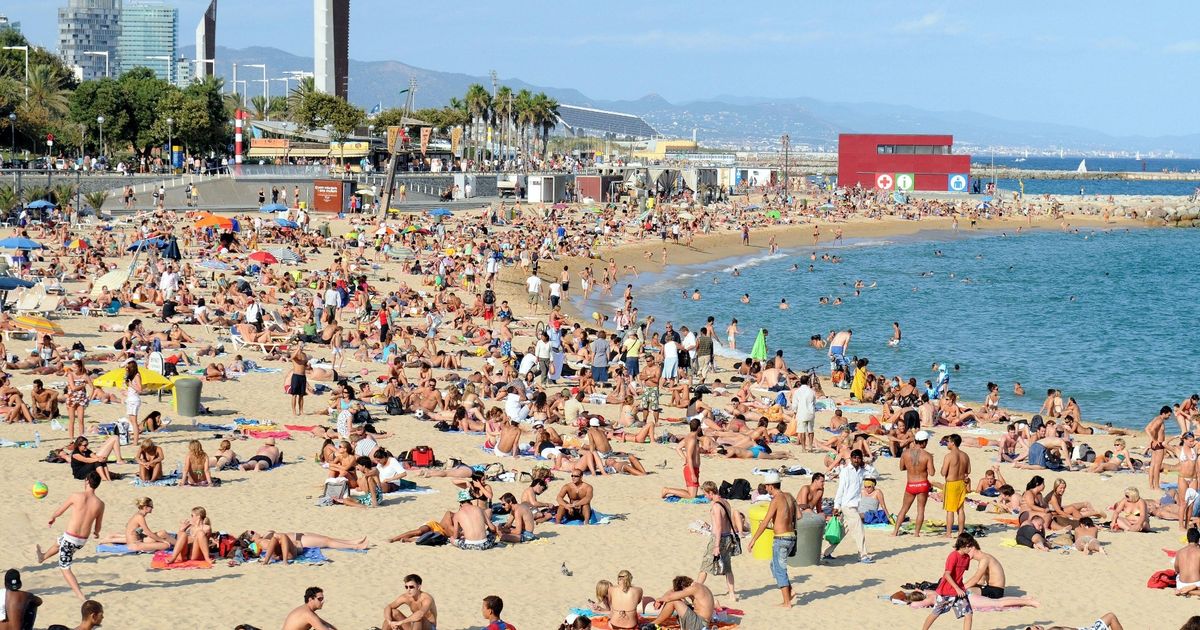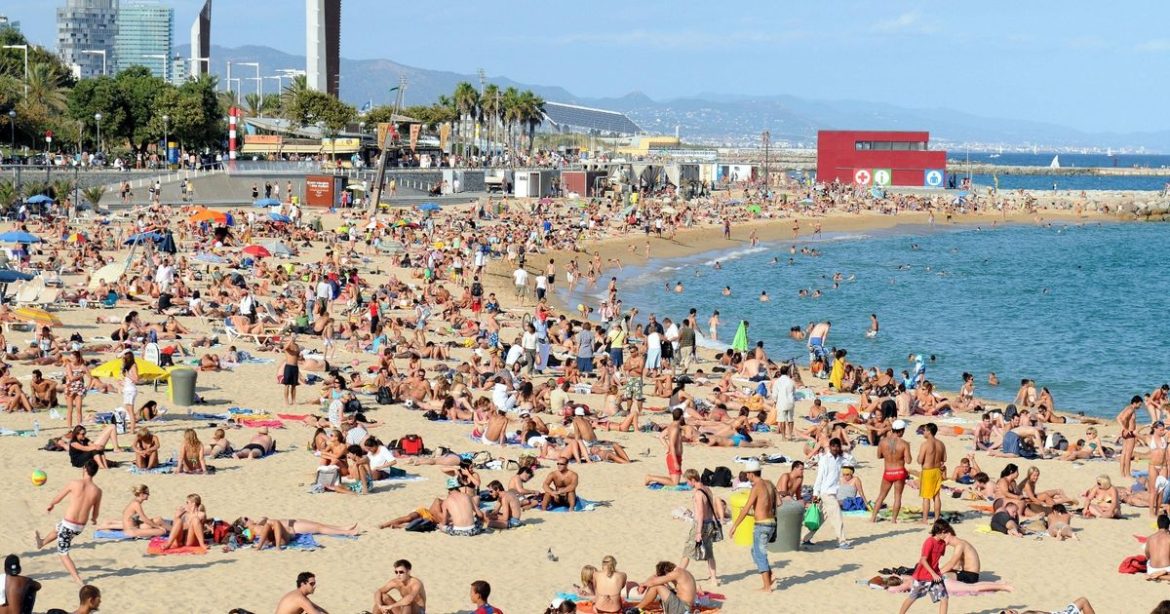
The Money Saving Expert website founded by Martin Lewis has outlined eight tips to help you save hundreds if pounds if you’re going abroad. With the summer holidays just around the corner in Wales, nobody wants to get caught out paying too much for the foreign exchange.
Whether it’s the dollar, euro, lira, dong or baht you’re looking for, here is Money Saving Expert’s top advice to help you get the most for your money.
Read more:Martin Lewis’ money-saving tip that everyone over the age 66 ‘needs to know’
1) Apply for a top overseas card for “near-perfect” exchange rates
According to the Money Saving Expert newsletter, this tip is urgent and you need to apply for this now if you want to reap the benefits. Not only will it help you get the best possible exchange rate this summer, it will help you in years to come, so it’s particularly worth doing if you enjoy going abroad annually.
They are “by far the easiest and most convenient way to spend abroad”, Money Saving Expert wrote. However, with this tip, you need to act fast.
The popular Chase* card , for example, has an up-to three-week waiting list once you’ve applied. And the Halifax cashback bonus ends today on Wednesday, June 29.
2) Prefer using cash to budget abroad? Try TravelMoneyMax
The above cards are the best way to ensure you’re getting the best deal, advises Money Saving Expert. However, some people prefer to use cash abroad to help control their spending.
The cheapest bureau depends on the currency and how much you want – it changes by the hour. Money Saving Expert’s TravelMoneyMax (TMM) tool quickly compares more than 16 bureaux to help you find the best rate for delivery or collection.
3) Use a prepaid travel card if you want a lock-in rate
The cards in tip one give holidaymakers the top exchange rates as they spend. However, like getting cash, specialist prepaid cards let you load on to them in advance. This means you choose the day the currency’s converted, Money Saving Expert explained.
This option involves taking a slight gamble on how you think rates will move. The top-pick prepaid card is app-only Revolut, according to Money Saving Expert, as it gives “near-perfect rates”.
4) What about using your Debit card?
Some debit cards can add around 3% to the exchange rate and charge an ATM fee, according to Money Saving Expert. They also charge up to £1.50 if you use them to spend outside the UK or EU.
The website cited debit cards from Bank of Scotland, Clydesdale/Yorkshire, Halifax, IF, Lloyds and TSB as being among the most expensive. Using a credit card may be a cheaper option if you’re going outside the EU.
5) What you should say when asked: “Do you want to pay in pounds?”
According to advice by Martin Lewis himself, “you should always pay in the local currency” when you travel abroad. Generally, you will end up spending less if you follow this rule. You can get more news and other story updates by subscribing to our newsletters here.
6) Beware of cash machines
While taking cash out abroad, it’s common for cash machines to charge you money, according to Money Saving Expert. Although there’s no way around this, it’s important not to assume all ATMs charge the same. Martin Lewis experimented in Europe and found they varied from charging a €2 fee to a €7 fee within 200 metres of each other.
7. Don’t use a credit card to buy cash or load a prepaid card
Most credit card providers count this as a cash transaction. According to Money Saving Expert, this means they will charge fees and interest. It’s always better to use a debit card to do this if you can.
8. Withdrawing cash abroad on a credit card could hurt your credit record
On some cards, this can be cheap, Money Saving Expert wrote. However, be wary as there may be a possible minor impact on your ability to get credit in future.
READ NEXT:

